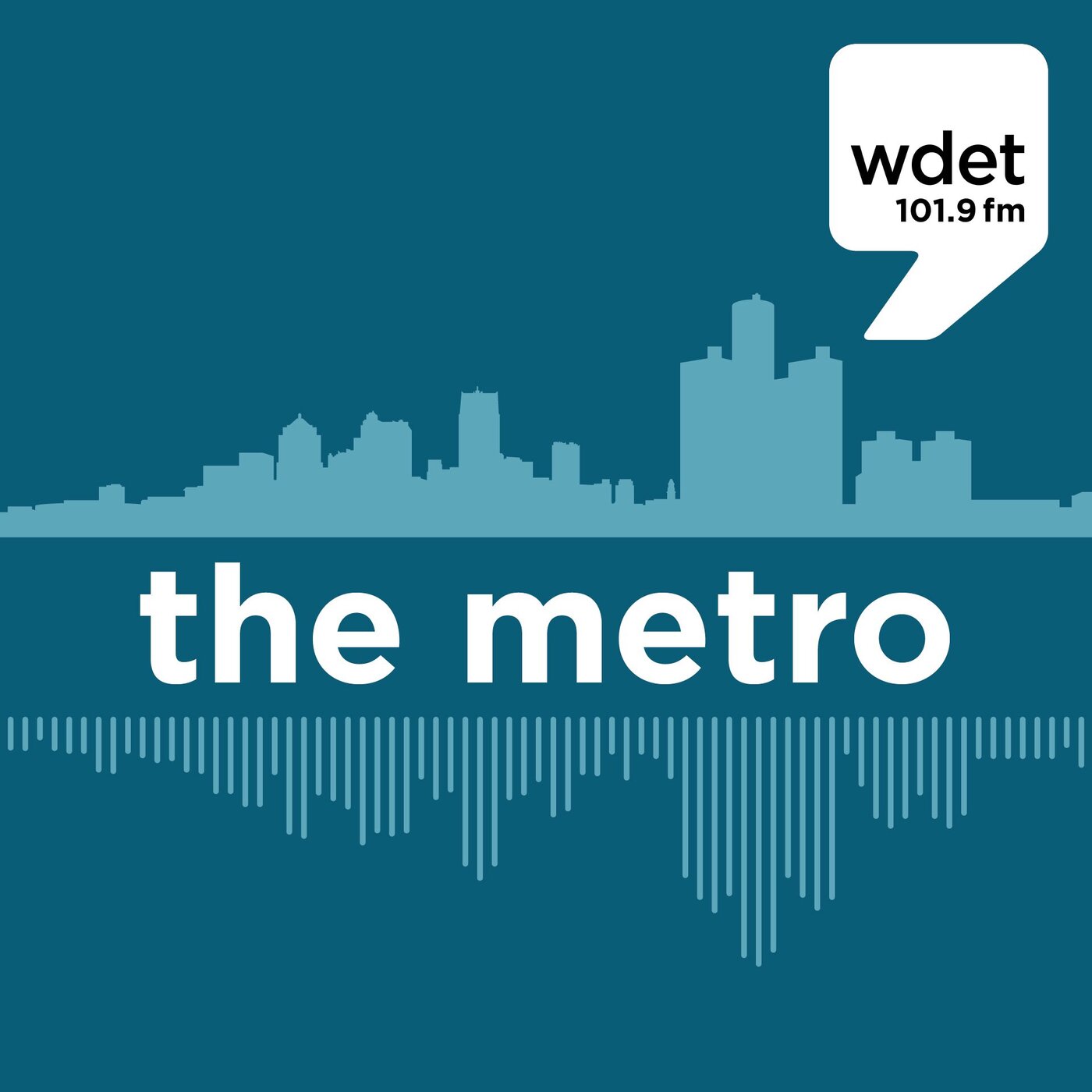
University of Michigan protest response sparks legal battle over free speech
Published on Jul 29, 2025, 9:09:09 AM
Total time: 00:21:09

Published on Jul 29, 2025, 9:09:09 AM
Total time: 00:21:09
The criminal charges were dropped. But the punishments keep coming.
In May 2024, students at the University of Michigan protested outside the campus art museum. They chanted, linked arms, and called on the university to divest from Israel. Some video clips reviewed by The Metro show campus cops escalating things, pushing their bikes and barricades into protesters. In another clip, an officer pepper-sprays students as they chant and raise their fists. That same month, police violently raided and broke up an encampment at the university, spraying protesters with what students say was a mix of pepper gas and tear gas.
Nearly one year later, the university began disciplining those involved. Some students were fired from campus jobs. Others were permanently banned from future university employment. One recent graduate was let go from a research position for a protest she attended as a student.
Meanwhile, Michigan Attorney General Dana Nessel dropped all criminal charges she had been pursuing against students amid mounting political pressure and the ongoing devastation in Gaza.
But the University of Michigan continued its internal punishments, labeling peaceful protests as “violence.”
The university also hired outside consultants and private security to surveil student activists, following them on and off campus.
After that revelation came to light, thanks to reporting by Tom Perkins in The Guardian, the university announced it was ending its undercover surveillance program.
Now, several lawsuits say the university retaliated against students not for breaking rules, but for what they believe.
Liz Jacob, staff attorney at the Sugar Law Center for Economic and Social Justice, represents the students and alumni suing the University of Michigan. She joined The Metro’s Robyn Vincent to discuss the lawsuits and the broader implications for free speech on campuses everywhere.
The University of Michigan has yet to respond to The Metro’s request for comment.
"The Metro" covers local and regional news and current affairs, arts and cultural events and topics, with a commitment to airing perspectives and uncovering stories underreported by mainstream media in Detroit.